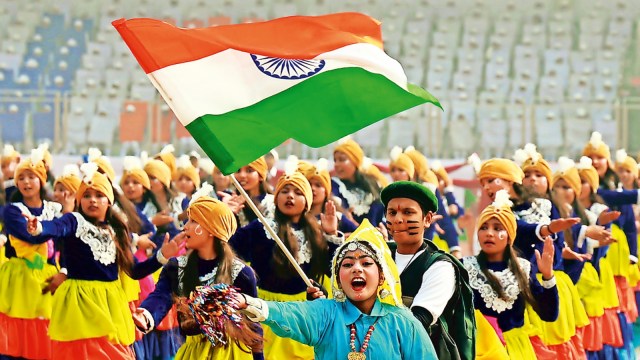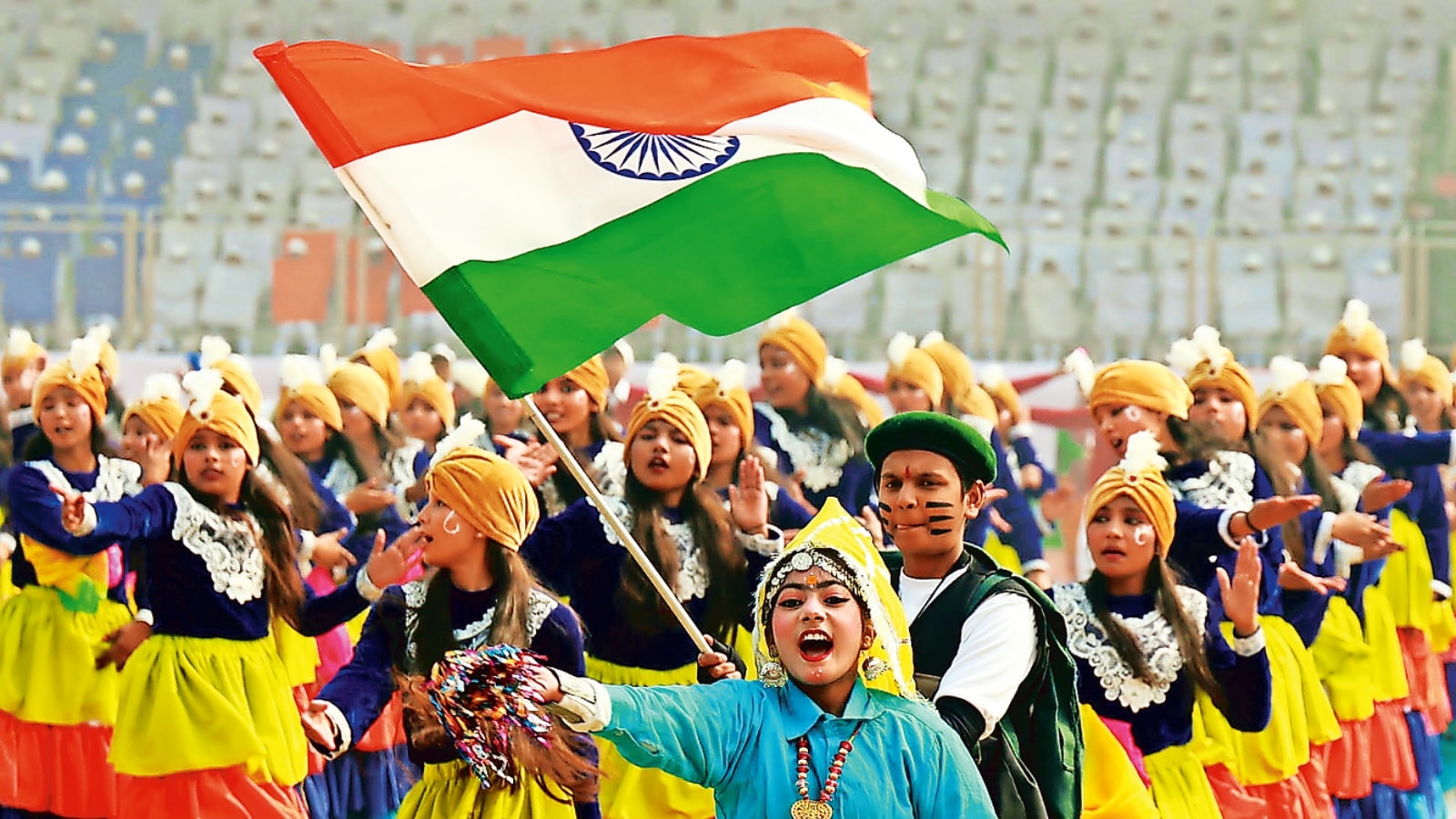

Jan 25, 2025 08:00 IST First published on: Jan 25, 2025 at 08:00 IST
“On January 26, 1950, India would be a democratic country in the sense that India from that day would have a government of the people, by the people and for the people… What would happen to her democratic constitution? Will she be able to maintain it or will she lose it again?” B R Ambedkar voiced his fear in these words on November 25, 1949, during his last address to the Constituent Assembly.
As we celebrate the 75th year of our republic while also observing the hundredth year of the foundation of the CPI, it is a moment for deep reflection. Today, we are confronted with serious threats to the very principles that define the republic and shape our collective future.
The CPI has always been at the forefront of defending the core values of the Constitution and had a significant influence on its drafting. It was a firm proponent of a secular state, a vision shared by many of the Constitution’s framers; Ambedkar warned that “Hindu raj” would be “the greatest calamity for the country”. At the same time, socialism was a key aspect of our vision, and the Directive Principles of State Policy, which call for the reduction of inequalities in income and wealth, were influenced by socialist ideals. The aim was not just political independence but also economic and social justice.
Considering India’s diversity, the framers of the Constitution gave us a federal polity. The CPI was also in the lead here by raising the demand for linguistic states and the decentralisation of power. The principles of secularism, welfare and federalism were woven into the fabric of the Indian state. But today, we find that these principles are increasingly under threat.
The rise of religious majoritarianism is one of the most serious threats to the republic today, undermining the foundational idea of India as a pluralistic society. Ambedkar had warned: “If there is anybody who has in his mind the project of solving the Hindu-Muslim problem by force, which is another name of solving it by war……in order that the Muslims may be subjugated…..this country would be involved in perpetually conquering them.” The horrific lynching incidents of recent years show how Muslims face such a warlike situation today, and the most recent example of this assault on secularism is the repeated violation of the Places of Worship (Special Provisions) Act, 1991.
Another equally pressing threat to the republic is the increasing economic inequality. The vision of a welfare state, as enshrined in the Constitution, called for a system that would ensure not only political but also economic democracy. Yet today, we are witnessing the growing concentration of wealth in the hands of a few. This is also a social and political issue: The marginalised are increasingly being excluded from the benefits of growth, leading to heightened unrest and creating fertile ground for communal politics, where the poor are pitted against each other based on religious identity rather than class interests.
most read
Under the Directive Principles of State Policy, the responsibility of providing means of livelihood to all and minimising the inequalities of income and status were squarely with the state. However, the economic policies of the current government — the privatisation of public assets, the weakening of labour rights and a pro-corporate agenda — have exacerbated these issues. The CPI, which has always stood against such policies, calls for a complete restoration of the welfare state, a core tenet of the Constitution.
Further, India’s federal polity faces significant challenges under the BJP-RSS regime. Article 1 of the Constitution declares India a Union of states, but the centralisation of power, manifested in the Centre legislating on state subjects and misusing the colonial office of the governor to undermine democratically elected state governments, erodes the essence of federalism. This centralisation is coupled with efforts to impose cultural, linguistic, and religious uniformity, and the push for “One Nation, One Election”, which would further dilute the autonomy of states.
Today, we face a crisis where right-wing, communal politics and crony capitalism are undermining the core values of the Constitution. The CPI calls upon every citizen, every progressive force and every true patriot to join the struggle to regain the Republic for the betterment of the people of India. Let us draw inspiration from the vision of our Constitution and work to ensure that it remains a living document that guarantees freedom, equality and dignity for all.
The writer is general secretary, CPI


